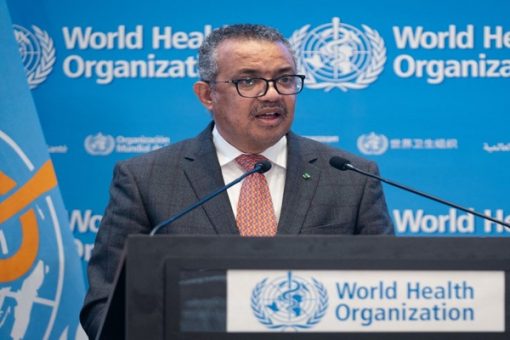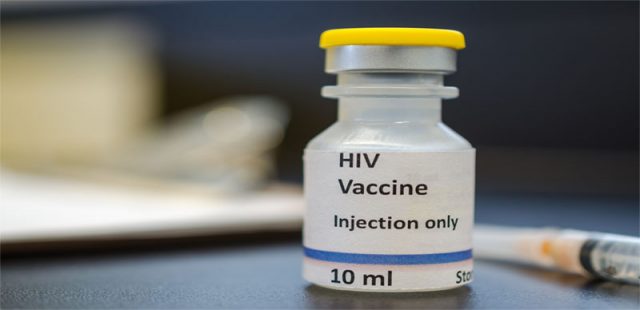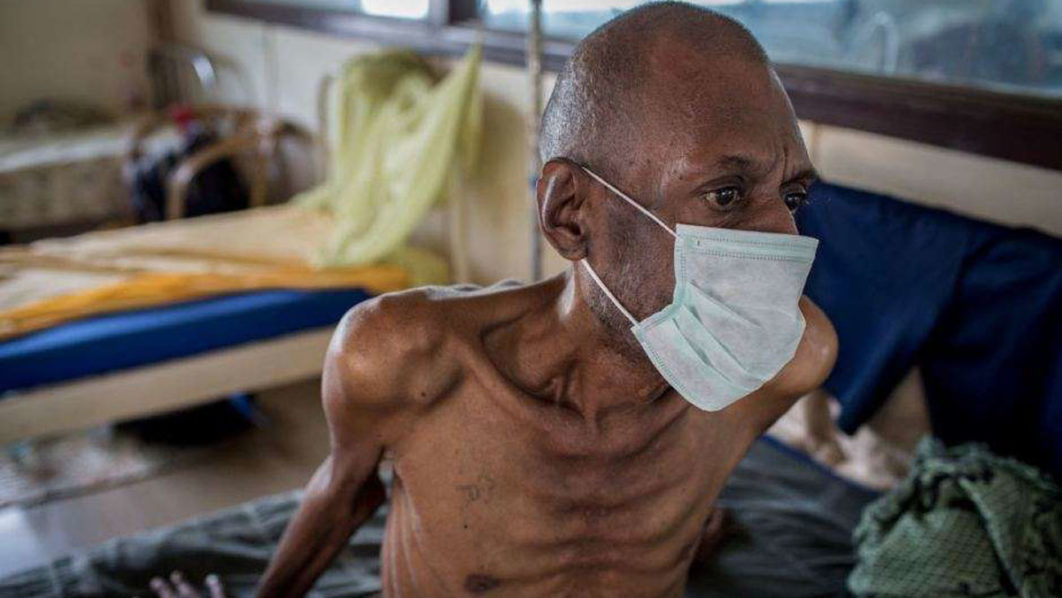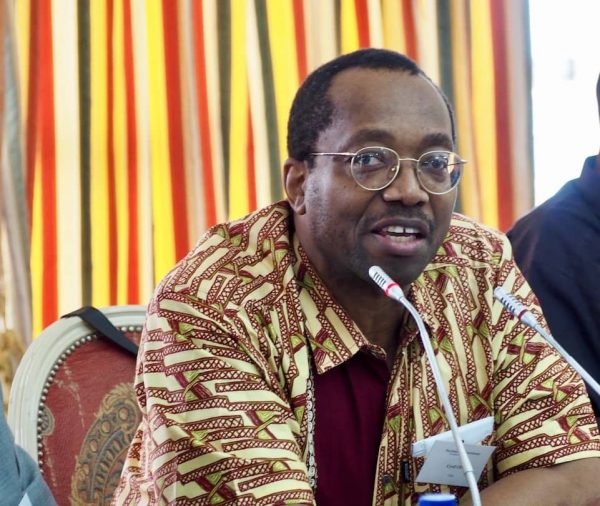WHO Sounds Alarm: 1 in 3 Countries Still Face High Newborn Mortality

Newborn death rates still high in one-in-three countries, says WHO
One in three nations is not on track to fulfill the global goal of lowering neonatal deaths by 2030, according to the World Health Organization (WHO).
WHO said in a statement on April 7, 2025, World Health Day, that over two million kids die in the first month of life, and another two million are stillborn, and that about 300,000 women die each year from pregnancy or childbirth-related problems.
"These are more than simply figures. According to WHO, these are deaths that frequently resulted from avoidable causes. "It indicates that one mother or infant passes away every seven seconds."
The organization also cautioned that unless immediate action is taken, four out of five nations run the risk of missing their maternal mortality reduction goals.
WHO said in a statement on April 7, 2025, World Health Day, that over two million kids die in the first month of life, and another two million are stillborn, and that about 300,000 women die each year from pregnancy or childbirth-related problems.
"These are more than simply figures. According to WHO, these are deaths that frequently resulted from avoidable causes. "It indicates that one mother or infant passes away every seven seconds."
The organization also cautioned that unless immediate action is taken, four out of five nations run the risk of missing their maternal mortality reduction goals.
Did you know? You can comment on this post! Just scroll down
In low-income nations, where access to high-quality healthcare remains a significant obstacle, the situation is most acute.
WHO Director-General Dr. Tedros Adhanom Ghebreyesus stated, "We need to do better for women and children."
"If nations invest in more robust health systems, qualified healthcare professionals, and make sure all mothers and babies receive the care they require, these deaths can be avoided."
WHO stressed that access to family planning, routine prenatal care, skilled birth attendance, and postpartum care are all examples of quality care that can dramatically lower mother and newborn mortality.
WHO Director-General Dr. Tedros Adhanom Ghebreyesus stated, "We need to do better for women and children."
"If nations invest in more robust health systems, qualified healthcare professionals, and make sure all mothers and babies receive the care they require, these deaths can be avoided."
WHO stressed that access to family planning, routine prenatal care, skilled birth attendance, and postpartum care are all examples of quality care that can dramatically lower mother and newborn mortality.
WHO has started a year-long global campaign called "Healthy Beginnings, Hopeful Futures" to address the situation and raise urgent awareness of the need for improved care for mothers and newborns.
In order to save lives, the organization is urging communities, governments, civil society, and healthcare professionals to work together.
According to WHO, "we want systems and policies that support women at every stage, before, during, and after pregnancy." "This entails addressing mental health, noncommunicable diseases, and family planning access in addition to childbirth-related care."
Dr. Anshu Banerjee, WHO's Director for Maternal, Newborn, Child, and Adolescent Health and Ageing, also stated:
In order to save lives, the organization is urging communities, governments, civil society, and healthcare professionals to work together.
According to WHO, "we want systems and policies that support women at every stage, before, during, and after pregnancy." "This entails addressing mental health, noncommunicable diseases, and family planning access in addition to childbirth-related care."
Dr. Anshu Banerjee, WHO's Director for Maternal, Newborn, Child, and Adolescent Health and Ageing, also stated:
Improving the health of expectant mothers and newborns is a social justice and human rights concern. Every mother and child should have a healthy beginning in life.
WHO stressed that it's time for global cooperation and asked nations to provide health services that directly help women and infants.
It stated, "By working together, we can bridge the gap and guarantee that no woman or child dies needlessly."
For a more in-depth human-interest perspective, let me know whether you would want to incorporate regional statistics or the opinions of impacted mothers or local health professionals.
WHO stressed that it's time for global cooperation and asked nations to provide health services that directly help women and infants.
It stated, "By working together, we can bridge the gap and guarantee that no woman or child dies needlessly."
For a more in-depth human-interest perspective, let me know whether you would want to incorporate regional statistics or the opinions of impacted mothers or local health professionals.
Article Posted 1 Month ago. You can post your own articles and it will be published for free.
No Registration is required! But we review before publishing! Click here to get started
One Favour Please! Subscribe To Our YouTube Channel!
468k
Cook Amazing Nigerian Dishes, Follow Adorable Kitchen YouTube Channel!
1.1m
Like us on Facebook, Follow on Twitter
React and Comment
Click Here To Hide More Posts Like This
Watch and Download Free Mobile Movies, Read entertainment news and reports, Download music and Upload your own For FREE.
Submit Your Content to be published for you FREE! We thrive on user-submitted content!
But we moderate!

















